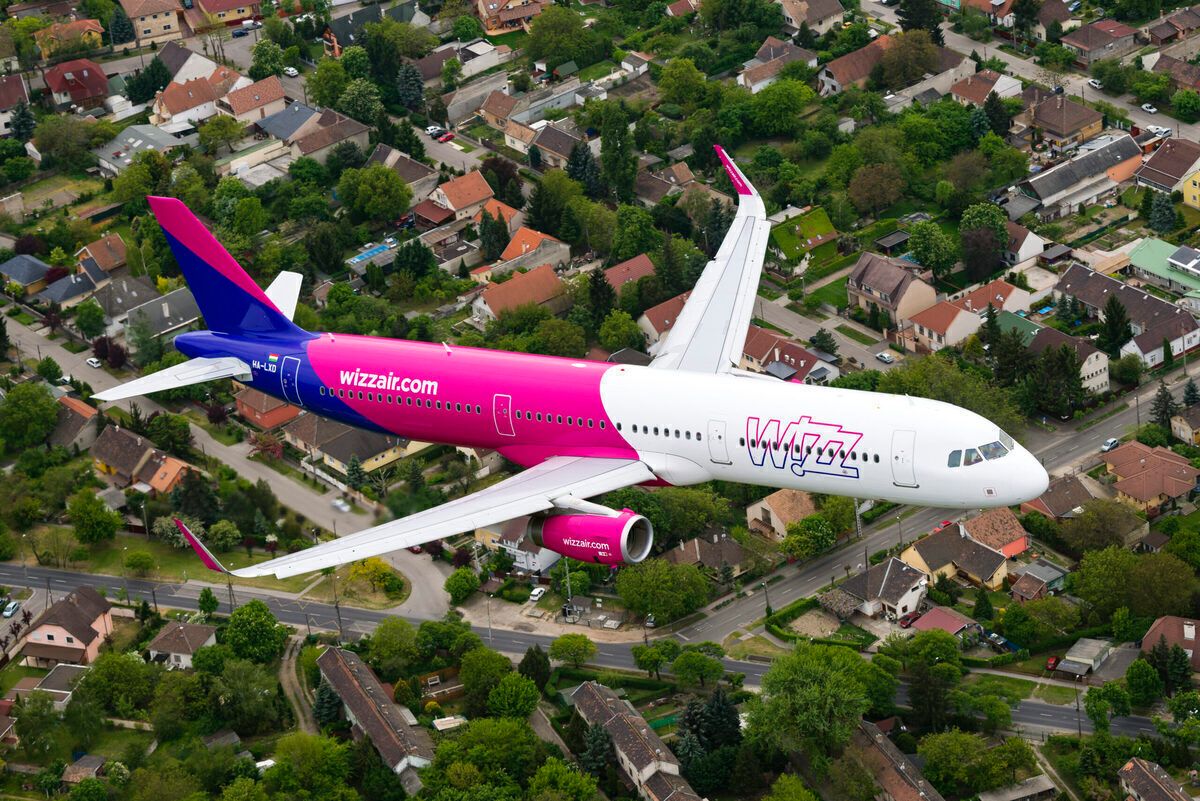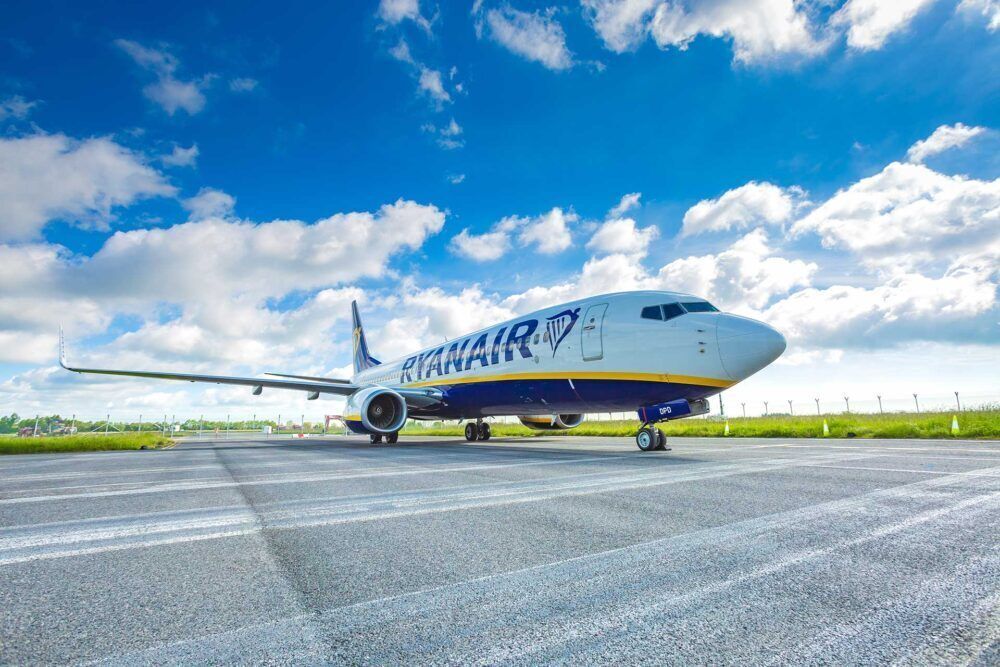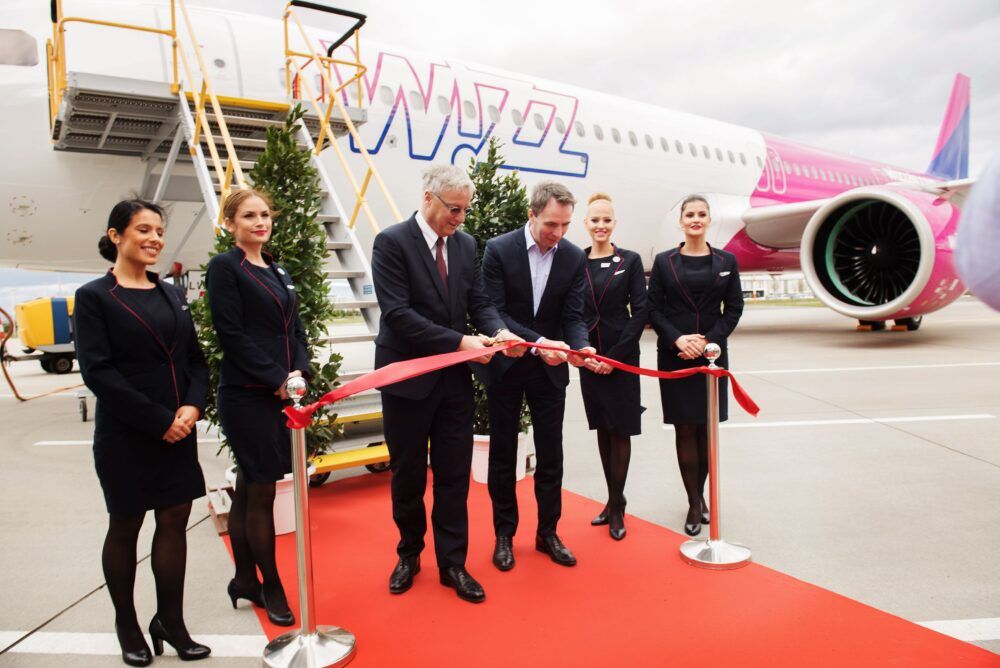While other airlines are busy forging new partnerships and alliances, Wizz Air is proudly standing alone. The airline group does not believe that the benefits of partnerships would outweigh the additional cost and complexity they would also bring, and has no intention of changing its stance on this issue in the future.
Codeshares are not for Wizz
One trend we’ve seen emerging during the pandemic is a strengthening of relationships between airline partners. Across the world, codeshares, alliances and deeper cooperations have been forged, ranging from basic agreements between smaller airlines through to high-level teaming up of major international players.
But for one European airline, the idea of teaming up with another carrier to expand its network or to reduce its exposure doesn’t merit any thought whatsoever. Wizz Air has been a standout airline for going against the grain throughout the pandemic, and even this trying time is not enough to change its opinion that partnerships are not worth the paper they are printed on.
Speaking exclusively to Simple Flying, Wizz Air Group Chief Operations Officer George Michalopoulos explained why the airline is just not interested. He said,
“It all comes back to cost and complexity. The secret sauce, if you like, is keep it simple. And interlining, codesharing and all these things add complexity. They add cost. So no, we're not we're not going to go down that path.”
It’s a strategy that holds true with other low-cost airlines around the world. Ryanair has no codeshare or interline partners. easyJet had a codeshare with Transaero briefly, but ceased flying to Moscow in March 2016, ending the agreement.
In the USA, Southwest briefly flirted with a codeshare with ATA Airlines, but that ended when it ceased trading in 2008. Spirit and Allegiant have no codeshare partners. Frontier has one, with Volaris, and had a couple of others in the past, but all have had very limited reach.
Keeping costs low
For Wizz, and likely for other low-cost airlines, having any other carrier involved in their business comes with a risk of adding unwanted complexity to what is essentially a very stripped-back operation. Anyone who has run a business on a shoestring will instantly recognize this endeavor to simplify everything to the nth degree as a means of keeping costs low and processes simple.
Although Wizz has ambitious goals for its network and future, it doesn’t see the benefit in using other partners to reach those goals. As Michalopoulos explained,
“We want to have the lowest unit cost in the industry, not only in Europe, but globally, and that's what we're going to be aiming for. We're going to be a much larger airline and we're going to keep improving. We will continue keeping the product simple, not costly, but keep improving the customer offer and keep delivering superior shareholder returns.”
The route to doing this, Wizz believes, is by standing on its own two feet and maintaining simplicity in everything it does. While others a leveraging the benefits of partnership working, for the foreseeable future, our low-cost airlines will stand alone.



